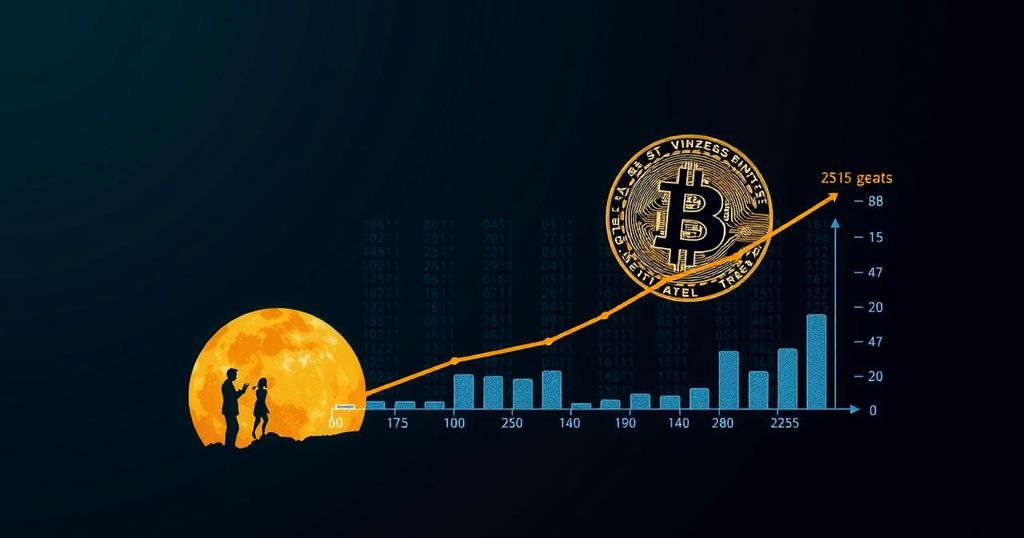Arthur Hayes Warns: Recent Fed Rate Cuts May Not Boost Bitcoin Prices
Arthur Hayes, the co-founder and former chief executive officer of BitMEX, has articulated a viewpoint regarding the potential impact of recent interest rate cuts by the U.S. Federal Reserve on the price of Bitcoin (BTC). Contrary to widely held expectations that such monetary policy adjustments would lead to an uplift in Bitcoin’s market value, Hayes observes that the cryptocurrency has exhibited minimal fluctuations in response to the rate cut news. This phenomenon may be attributed to the significant diversion of capital from traditional markets into reverse repurchase agreements (reverse repos).
Hayes elucidates that the prevailing interest rate for reverse repos stands at 5.3%, surpassing the 4.38% offered by Treasury bills. This disparity incentivizes money market funds to allocate their capital to reverse repos instead of Treasury bills, consequently resulting in a diminished pool of funds available for investments in higher-risk assets, including Bitcoin. The shift has been substantial; following the Federal Reserve’s announcement of the rate cut, an influx of approximately $120 billion was directed into reverse repos. This trend appears to challenge the traditional assumption that lower interest rates uniformly foster investment growth in riskier sectors.
Currently, the CME FedWatch tool indicates a high probability of further rate cuts by the Federal Reserve, estimating a 69% likelihood for a 25 basis point reduction at the upcoming meeting on September 18, alongside a 31% chance for a 50 basis point cut. Nevertheless, these projected reductions have not galvanized Bitcoin prices upward, suggesting a complex relationship between conventional market indicators and cryptocurrency valuation.
Hayes contends that the capital influx into reverse repos, often described as a safe alternative for large financial institutions, siphons liquidity that would typically be directed toward Bitcoin acquisitions. This diversion neutralizes the anticipated favorable effects of decreased interest rates on high-risk investment opportunities. The prevailing sentiment within the market appears to favor these safer investment channels, which yield attractive returns without subjecting investors to the inherent risks associated with cryptocurrencies.
In light of the Federal Reserve’s accommodating monetary stance, the overall market perception of Bitcoin remains neutral. Investors continue to gravitate towards reverse repos, drawn by their higher yield and reduced risk profile. Unless there is a substantial change in the dynamics of the reverse repo market or a shift in other economic indicators, Hayes suggests that Bitcoin prices are likely to experience continued pressure. This scenario implies a reassessment of the traditionally perceived correlation between monetary policy and cryptocurrency markets, indicating that this relationship may not be as straightforward as previously considered.








Post Comment